Contributor: Liz Stiverson
Work and Life is a two-hour radio program hosted by Stew Friedman, director of the Wharton Work/Life Integration Project, on Sirius XM’s Channel 111, Business Radio Powered by The Wharton School. Every Tuesday from 7 to 9 PM EST, Stew speaks with everyday people and the world’s leading experts about creating harmony among work, home, community and the private self (mind, body and spirit).
On Work and Life, Stew Friedman spoke with Stephanie Coontz, the Director of Research at the Council on Contemporary Families, and the author of seven books on marriage, family life, and male-female relationships, including her most recent A Strange Stirring: The Feminine Mystique and American Women at the Dawn of the 1960s. Friedman and Coontz spoke about the evolution of men’s and women’s roles and their expectations for parenthood, and the way progress on those fronts also presents new challenges.
The following are edited excerpts of their conversation and a few questions for the reader, at the end, which we invite you to respond to in the comments section below:
Stew Friedman: What do you think about the recent research which found that people in their sixties and seventies are frustrated that their children are not having children of their own, which is creating tension in families and increasing pressures on the workplace to create environments in which people can have children while working, if that’s something they want?
Stephanie Coontz:  I think that’s an interesting example of a well-documented trend in international studies. At a certain point after women enter the workforce in large numbers, the national fertility rate tends to drop. Social conservatives in the United States have suggested that if as a society we don’t make childcare easily available, women will be forced from the workplace and go back to having babies, but evidence suggests that the opposite is actually true. When you make it harder for women to combine work and family, women don’t start families. If you want, as a society, to have more kids, you need to make it easier for women to combine work and family. Countries like France and Sweden are doing better in terms of maintaining fertility because they have instituted such polices.
I think that’s an interesting example of a well-documented trend in international studies. At a certain point after women enter the workforce in large numbers, the national fertility rate tends to drop. Social conservatives in the United States have suggested that if as a society we don’t make childcare easily available, women will be forced from the workplace and go back to having babies, but evidence suggests that the opposite is actually true. When you make it harder for women to combine work and family, women don’t start families. If you want, as a society, to have more kids, you need to make it easier for women to combine work and family. Countries like France and Sweden are doing better in terms of maintaining fertility because they have instituted such polices.
SF: In Baby Bust, our study comparing Gen Xers and Millennials at the time they graduated from college, 20 years apart, we found that one of the main reasons young people today are less likely to plan or adopt children of their own is that they feel pressure to be fully engaged on the domestic front. They anticipate a greater conflict between their work and family lives, and therefore think, “I don’t see how I can do it, so I’m not going to try.”
SC: I think there are tremendous pressures that are further amplified by growing income inequality in our society. Historically, people wanted their career to be a competence. They didn’t want a fortune – they wanted something that would allow them to competently live their lives. There’s been a hollowing-out of jobs that allow you to have a comfortable life and still be secure; parents and even potential parents feel as though they have to engage in a competitive race to get ahead in the workplace and in life, and if they have kids, they also put pressure on themselves to constantly enrich their kids to give them the same competitive edge. That becomes a very wearing process.
SF: So you’re saying economic pressures have an influence on how parents approach the joys and challenges of rearing their children? That they might feel, because of economic insecurity, an obligation to produce a child who is going to be able to thrive in a competitive marketplace?
SC: People in the the upper middle class – people who are educated and looking forward to professional or managerial careers – have new options and opportunities now. There’s been a hollowing-out of the wage structure, and the advantage of being educated and in a professional job is much greater than it used to be. Less educated, less skilled workers have experienced drastically falling real wages over the last 30 years. But we’re also seeing increasing inequality not just between groups but within groups – for example, college confers a great benefit if you go to the right college and if things work out for you, but you can go to college and still fall behind. I think that leads to a lot of pressure for students who feel as though, “It’s not like I can get into an organization with a clear job ladder and know there will always be a place for me. I’ve got to be the best or I might be nothing.” I think this is a particularly intense problem in America, where there is a lack of a social safety net. Since the early 20th century, America has boasted more opportunities for individuals to buy things for themselves, but fewer opportunities for individuals to rely on public investment in spaces like hospitals and playgrounds. That trend has been accelerated and exacerbated even more within the last few years – there’s a frantic sense that, “If I don’t do this myself, I won’t have it at all.” Countries that have broader investment in healthcare systems and other social safety nets may have parents who feel less likely to hit the jackpot for themselves or their kids, but also less scared of losing everything.
SF: What’s your take on how the media is shaping notions of what family life is, and what it should be?
SC: Many people mourn the way media has motivated a change in values, but I think changes in values are complicated. I’ve been known to mutter things like “the fall of the Roman empire” when I catch glimpses of reality television, but on the other hand, you have to step back and understand that there are some ways in which our values have really improved since the 1950’s and 1960’s. We’re far less tolerant of racism and much more accepting of same-sex couples and women’s personhood. Some of the changes are surprising and seem on the surface to be contradictory – for example, we’re much more tolerant of a range of pre-marital and non-marital sexual behaviors than ever before, but we’re much less tolerant of infidelity and non-consensual sex than ever before. Since the 1970’s we’ve seen a rise in pornography and the glorification of violence, but the rates of rape and sexual assault have declined a stunning 68% since we started keeping accurate records. I think that’s attributed to the changing relationship between men and women – the more egalitarian power dynamic. Some of the things Millennials do are ruder than I’m used to, but on the other hand, a Millennial would never say, “Oh, here comes a cripple,” which was very common in the 1950’s and 1960’s, when people’s attitudes toward Jews, women, homosexuals, the disabled, and many other minorities were much less tolerant. One of the things that fascinates me as a historian is the notion of trade-offs. Almost every historical gain opens new challenges and problems in its place. For example, in my research on marriage, I find that when it works, marriage has become fairer, more intimate, and more passionate – it delivers more benefits to all members of the family than ever before in history. But the things that have allowed it to do so – for example, the fact that it’s a choice for both parties because women have other options and can set ground rules as equal partners – also create more points at which it can become unsatisfactory and break down. I think we see this in almost every element of life; some of the cultural problems we look at today are the flip-side of some important cultural gains we wouldn’t want to give up.
Coontz sees a link between the government’s provision of social services and young people’s plans to have children. The decline of the one-job-for-life model has meant the rise of the many-careers-in-a-life model – should government support it? Were your decisions about whether and when to have children – or, if you haven’t yet made those decisions, will they be – motivated by the growing range of choices available to your generation or by fear of not being able to fully commit to family life? Join us in the comments section below with your thoughts and experiences.
Join Work and Life Tuesday, May 6 at 7 pm on Sirius XM Channel 111 for conversations with Peter McGraw, Dir. Of the Humor Research Lab at the Univ. of Colorado and author of The Humor Code: A Global Search for What Makes Things Funny, and Cali Yost, CEO and Founder of Flex+Strategy Group. Visit Work and Life for a full schedule of future guests.
About the Author
 Liz Stiverson is a 2014 MBA candidate at The Wharton School.
Liz Stiverson is a 2014 MBA candidate at The Wharton School.
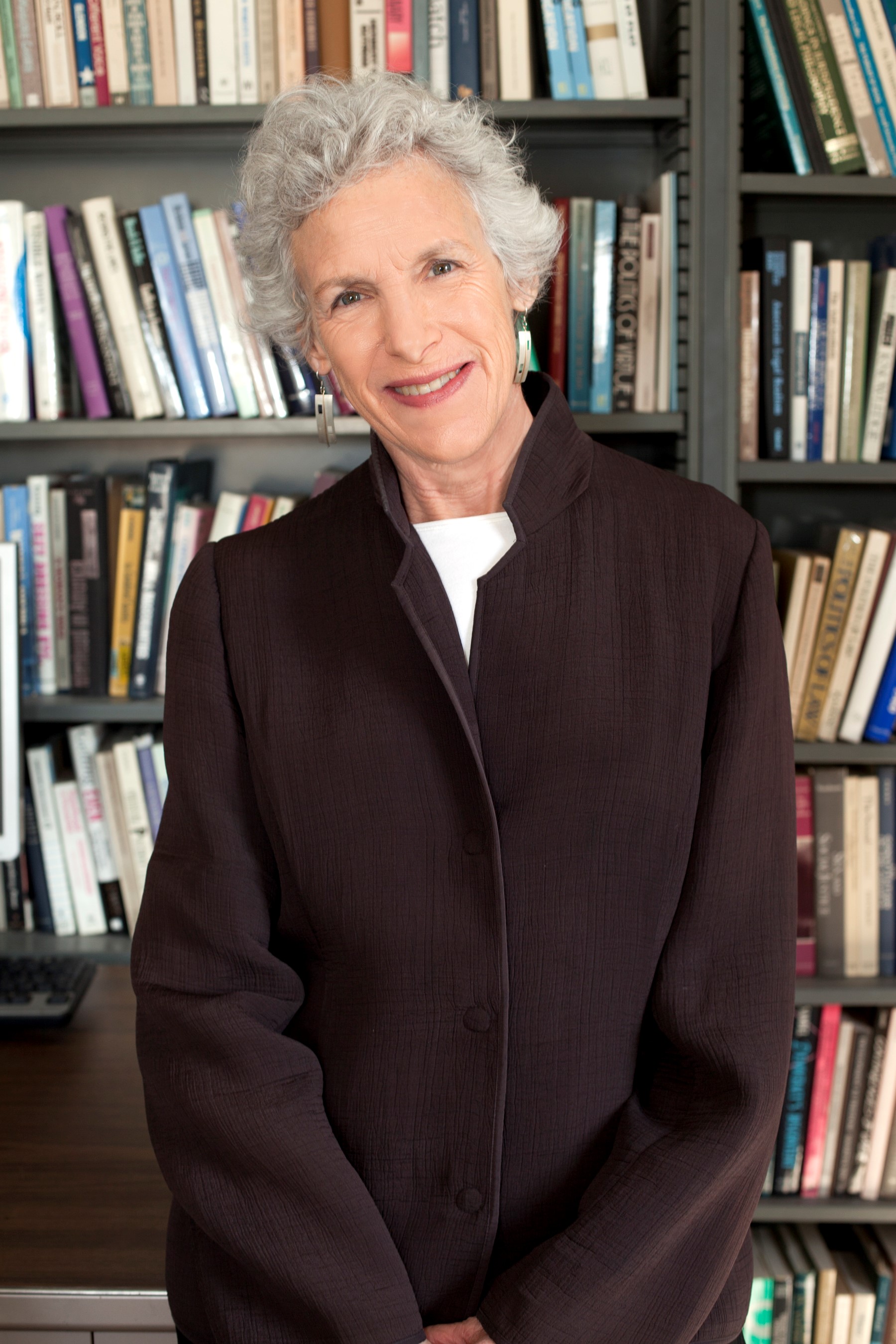 One pattern of gender bias that really plays into work-family conflict is that women often feel that they have to prove themselves over and over again, providing much more evidence of competence than their male colleagues in order to be perceived as equally competent. Women’s successes are more likely to be attributed to luck rather than skill. In our interviews, we heard women over and over again feeling that men were judged on potential while women were judged strictly on performance. Because of this, women often feel that they literally have to work harder than men in order to be seen as equally competent, especially since women’s mistakes tend to be noticed more and remembered longer.
One pattern of gender bias that really plays into work-family conflict is that women often feel that they have to prove themselves over and over again, providing much more evidence of competence than their male colleagues in order to be perceived as equally competent. Women’s successes are more likely to be attributed to luck rather than skill. In our interviews, we heard women over and over again feeling that men were judged on potential while women were judged strictly on performance. Because of this, women often feel that they literally have to work harder than men in order to be seen as equally competent, especially since women’s mistakes tend to be noticed more and remembered longer. Alice Liu is an undergraduate senior studying Management at The Wharton School and English (Creative Writing) at the College of Arts & Sciences.
Alice Liu is an undergraduate senior studying Management at The Wharton School and English (Creative Writing) at the College of Arts & Sciences. 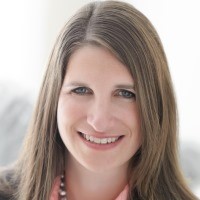 Allison Karl O’Kelly: Yes. I think that companies now, for the most part, want to make flexibility work. This is especially true when you’re talking about the Human Resources department of many organizations. They understand the importance of flexibility. Now it’s about understanding how to make flexible arrangements work. I think that once the mindset is there, it’s a lot easier to help companies implement strategies to make it work.
Allison Karl O’Kelly: Yes. I think that companies now, for the most part, want to make flexibility work. This is especially true when you’re talking about the Human Resources department of many organizations. They understand the importance of flexibility. Now it’s about understanding how to make flexible arrangements work. I think that once the mindset is there, it’s a lot easier to help companies implement strategies to make it work. Morgan Motzel is an undergraduate junior in the Huntsman Program in International Studies and Business at Penn focusing on Management and Latin America.
Morgan Motzel is an undergraduate junior in the Huntsman Program in International Studies and Business at Penn focusing on Management and Latin America.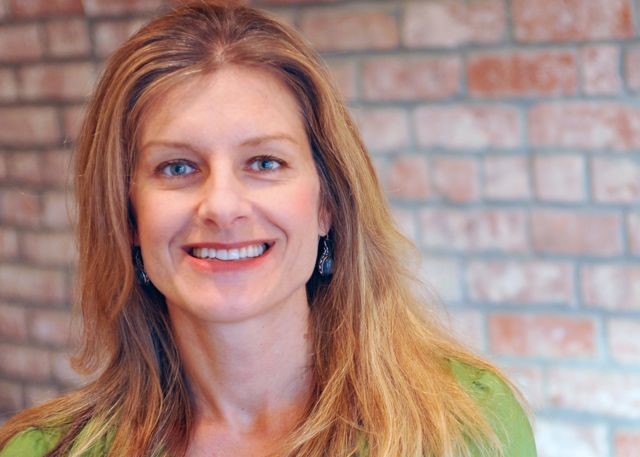 She began her career as a journalist, and reported for American Public Media’s
She began her career as a journalist, and reported for American Public Media’s 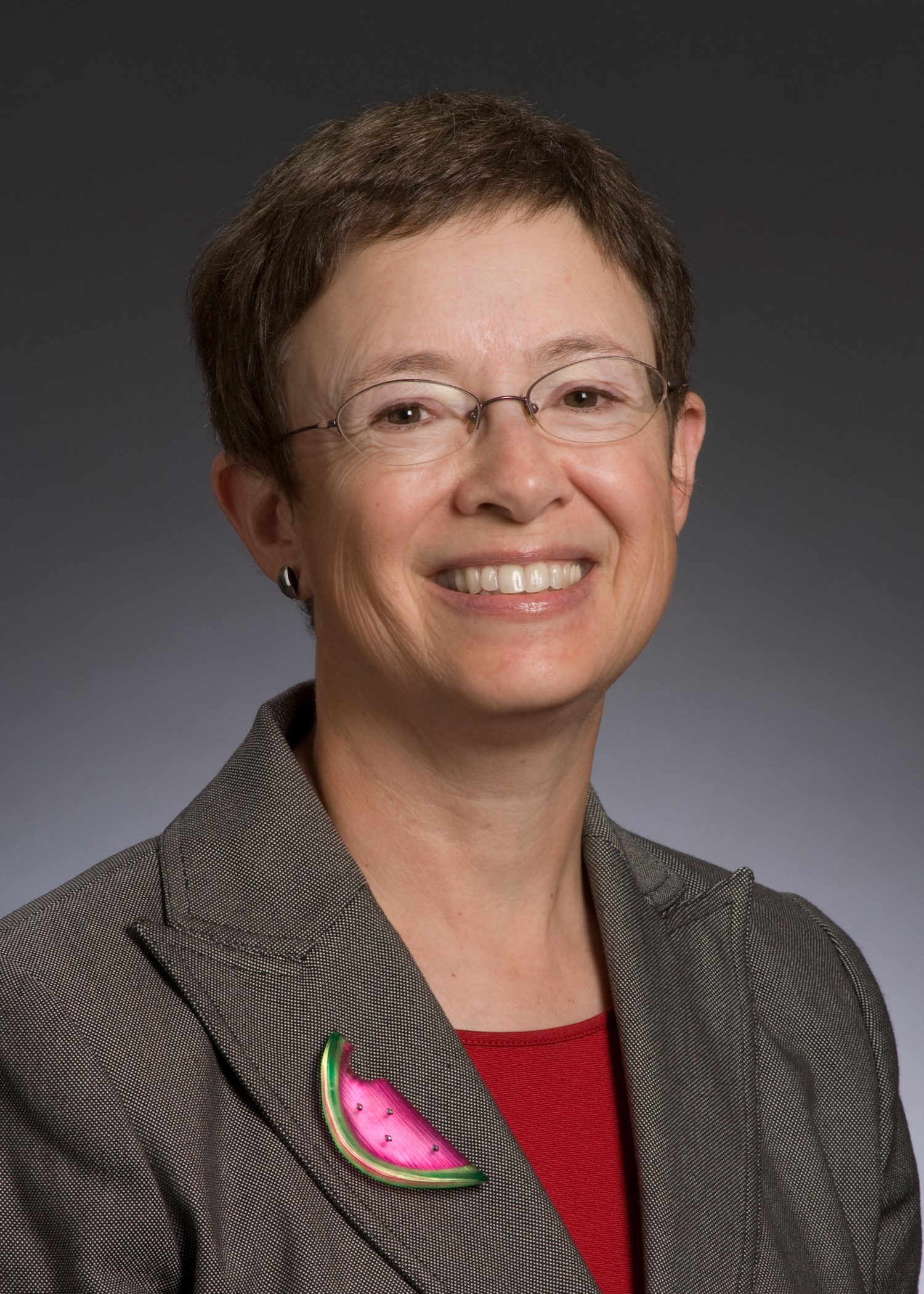 The work that I did on how women manage tradeoffs throughout their adulthood is part of a larger study of women’s adult development. We’re used to thinking about child development. We’re not used to looking at the whole of adulthood as a time when people continue to grow, develop, and evolve, to arrange and rearrange their lives. How does that happen? What are some narratives that give a sense of what adult development is like? That was the context for the study as a whole. In total I talked with 40 women, but first, in the initial pilot study, we interviewed 10 women who were all top executives in a global financial services company.
The work that I did on how women manage tradeoffs throughout their adulthood is part of a larger study of women’s adult development. We’re used to thinking about child development. We’re not used to looking at the whole of adulthood as a time when people continue to grow, develop, and evolve, to arrange and rearrange their lives. How does that happen? What are some narratives that give a sense of what adult development is like? That was the context for the study as a whole. In total I talked with 40 women, but first, in the initial pilot study, we interviewed 10 women who were all top executives in a global financial services company. Alice Liu is an undergraduate senior studying Management at The Wharton School and English (Creative Writing) at the College of Arts & Sciences.
Alice Liu is an undergraduate senior studying Management at The Wharton School and English (Creative Writing) at the College of Arts & Sciences.  Kristina Milyuchikhina: When I got into the Wharton MBA program, I was recently married and one of the important questions for me was to decide whether school fit in my plans to start a family. After discussions with my husband, we agreed that we would try to do both. I was able to leverage the University of Pennsylvania’s amazing medical facilities, an insurance plan that covers maternity, and the course match system at Wharton which allows you to construct your perfect schedule.
Kristina Milyuchikhina: When I got into the Wharton MBA program, I was recently married and one of the important questions for me was to decide whether school fit in my plans to start a family. After discussions with my husband, we agreed that we would try to do both. I was able to leverage the University of Pennsylvania’s amazing medical facilities, an insurance plan that covers maternity, and the course match system at Wharton which allows you to construct your perfect schedule.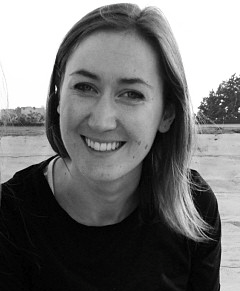 Well my friends at school were shocked, but they were very welcoming. But it’s not only about support, it’s also about preparation. For example, getting into business school is a long process, and you have to prepare for it. In many ways, starting to have a family is a similar process, and you can prepare yourself for it as well. I did an enormous amount of research. I researched everything from facilities to logistics to apartments. I was plenty ahead in my course load. I was working with the MBA Program Office to get them ready to help me collaborate with professors if I missed any classes.
Well my friends at school were shocked, but they were very welcoming. But it’s not only about support, it’s also about preparation. For example, getting into business school is a long process, and you have to prepare for it. In many ways, starting to have a family is a similar process, and you can prepare yourself for it as well. I did an enormous amount of research. I researched everything from facilities to logistics to apartments. I was plenty ahead in my course load. I was working with the MBA Program Office to get them ready to help me collaborate with professors if I missed any classes. For me it was about career progression. I was at a certain level in my career where I was ready to make the next move, and I wanted to make sure that I had the best education possible to help me get to that next level.
For me it was about career progression. I was at a certain level in my career where I was ready to make the next move, and I wanted to make sure that I had the best education possible to help me get to that next level.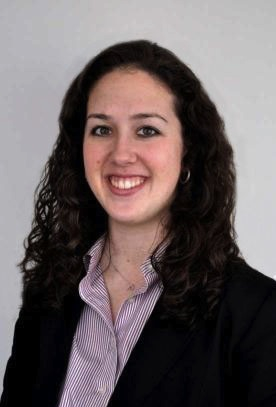 SF: Who are the important people – the key sponsors or mentors – who have influenced you and helped you get here?
SF: Who are the important people – the key sponsors or mentors – who have influenced you and helped you get here? Katrina Alcorn: Businesses have an incredible opportunity to create desperately needed change in the American workplace. Employers need to start looking at how to empower their employees with more autonomy. I know from having been a manager that this idea can be really scary. You might feel, for example, as though your job is to make sure that everyone is in their seat and working hard. But that’s not necessarily the best way to go about it. Just seeing someone present in the office doesn’t mean we’re getting the most out of our employees, nor does babysitting them mean we’re being good managers. One interesting new management strategy is the high-performance or results-oriented work environment. The idea is that you can empower employees – whether they are knowledge workers or people who work on a factory floor – to make the best decisions and do the best job that they can. In this model, employees have control, instead of the boss is telling everyone what to do. When people are empowered and have real responsibility, they find their work is a lot more meaningful. It’s also great for morale because no grown-up wants to be babysat.
Katrina Alcorn: Businesses have an incredible opportunity to create desperately needed change in the American workplace. Employers need to start looking at how to empower their employees with more autonomy. I know from having been a manager that this idea can be really scary. You might feel, for example, as though your job is to make sure that everyone is in their seat and working hard. But that’s not necessarily the best way to go about it. Just seeing someone present in the office doesn’t mean we’re getting the most out of our employees, nor does babysitting them mean we’re being good managers. One interesting new management strategy is the high-performance or results-oriented work environment. The idea is that you can empower employees – whether they are knowledge workers or people who work on a factory floor – to make the best decisions and do the best job that they can. In this model, employees have control, instead of the boss is telling everyone what to do. When people are empowered and have real responsibility, they find their work is a lot more meaningful. It’s also great for morale because no grown-up wants to be babysat.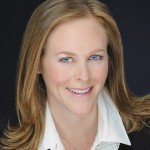 On January 21, the second episode of
On January 21, the second episode of  Morgan Motzel is an undergraduate junior in the Huntsman Program in International Studies and Business focusing on Management and Latin America.
Morgan Motzel is an undergraduate junior in the Huntsman Program in International Studies and Business focusing on Management and Latin America.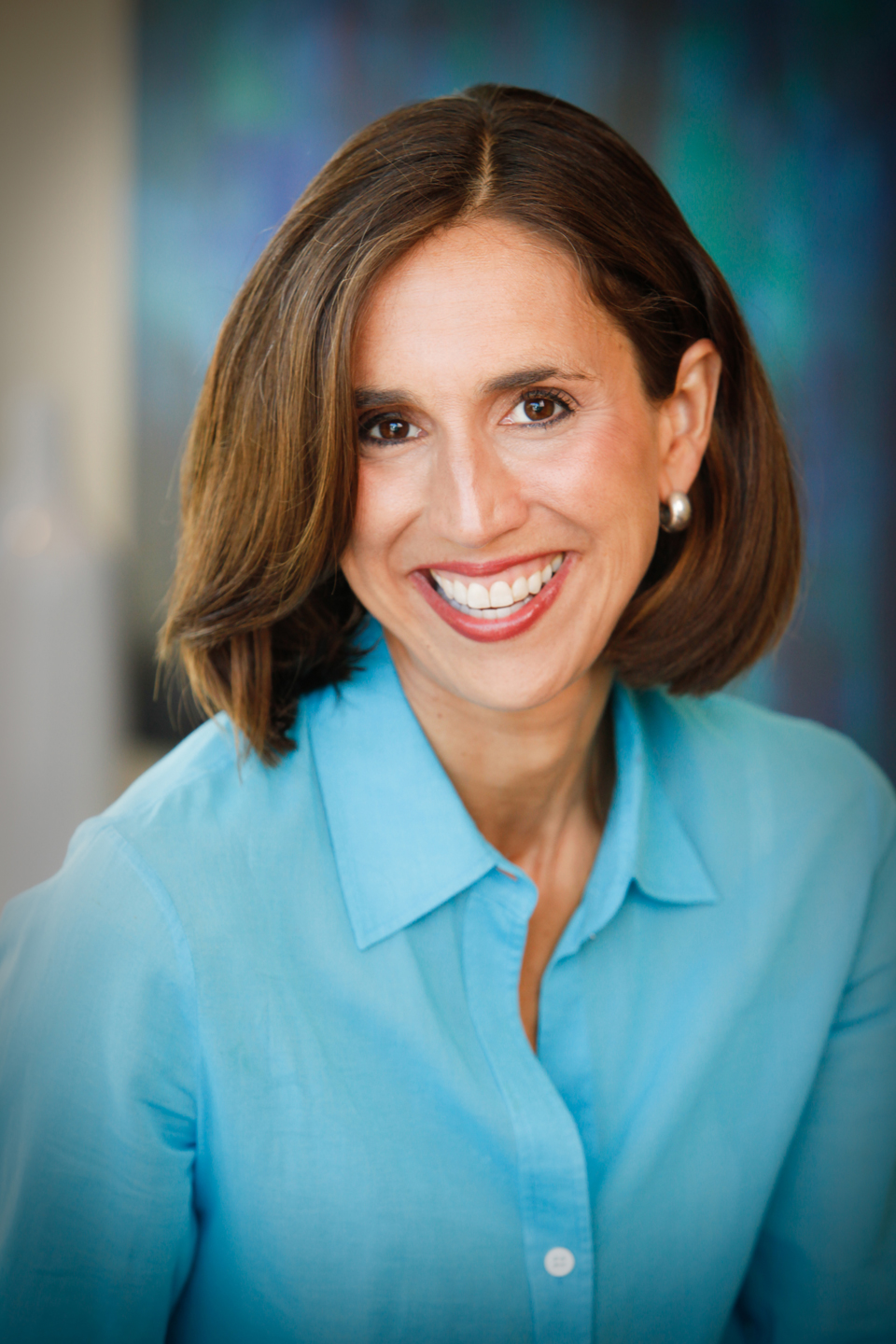
 Sharon Meers is the Head of Enterprise Strategy at Magento, which is part of eBay Inc. Prior to joining eBay, Sharon was a Managing Director at Goldman Sachs. Joanna Strober is the Founder and CEO of an online company to help fight and prevent childhood obesity. Together they have written
Sharon Meers is the Head of Enterprise Strategy at Magento, which is part of eBay Inc. Prior to joining eBay, Sharon was a Managing Director at Goldman Sachs. Joanna Strober is the Founder and CEO of an online company to help fight and prevent childhood obesity. Together they have written